|
#2
19th August 2014, 01:20 PM
| |||
| |||
| Re: CBSE 11th and 12th classes psychology practical part
Here I am giving you information about question for practical part of CBSE 12th classes psychology subject examination below : Practicals (Projects, experiments, small studies, etc.)30 Marks(60 Periods) The students shall be required to undertake one project and conduct one experiments. The project would involve the use of different methods of enquiry and related skills. Practicals would involve conducting experiments and undertaking small studies, exercises, related to the topics covered in the course (e.g. Human development, Learning, Memory, Motivation, Perception, Attention and Thinking). (i) Practical (Experiments) file 05 Marks (ii) Project File 05 Marks (iii) Viva Voce (Project and experiments) 05 Marks (iv) One experiment : (05 for conduct and 10 for reporting) 15 Marks  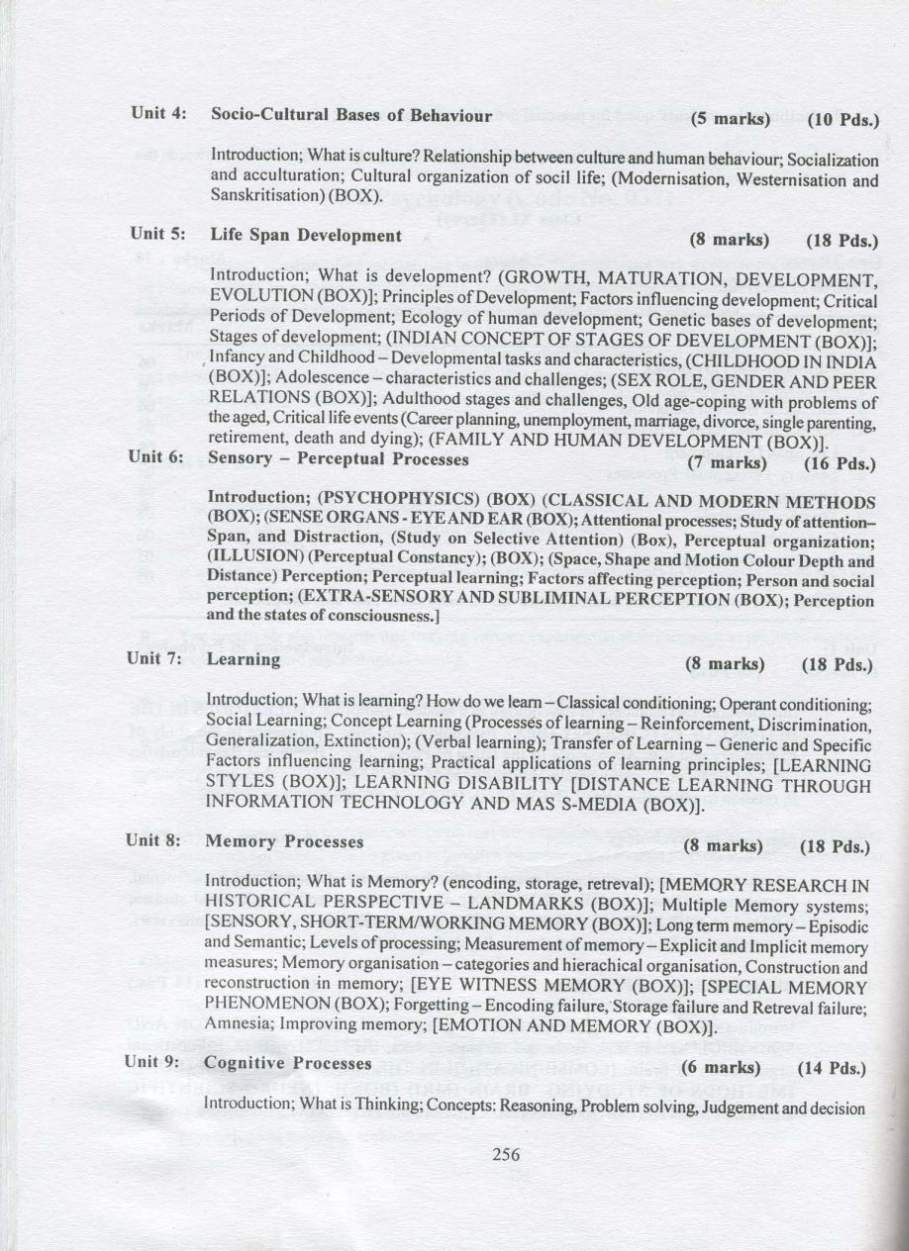 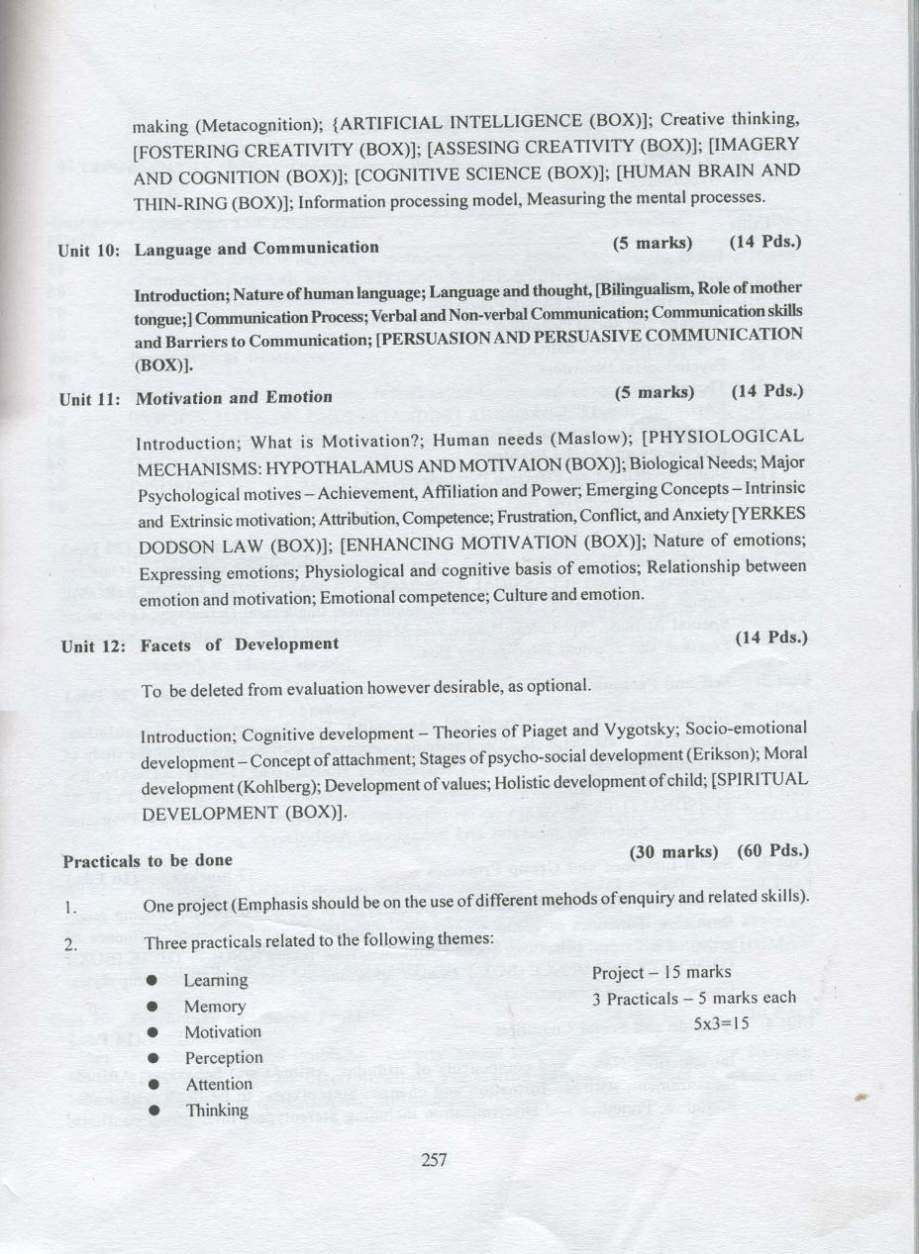 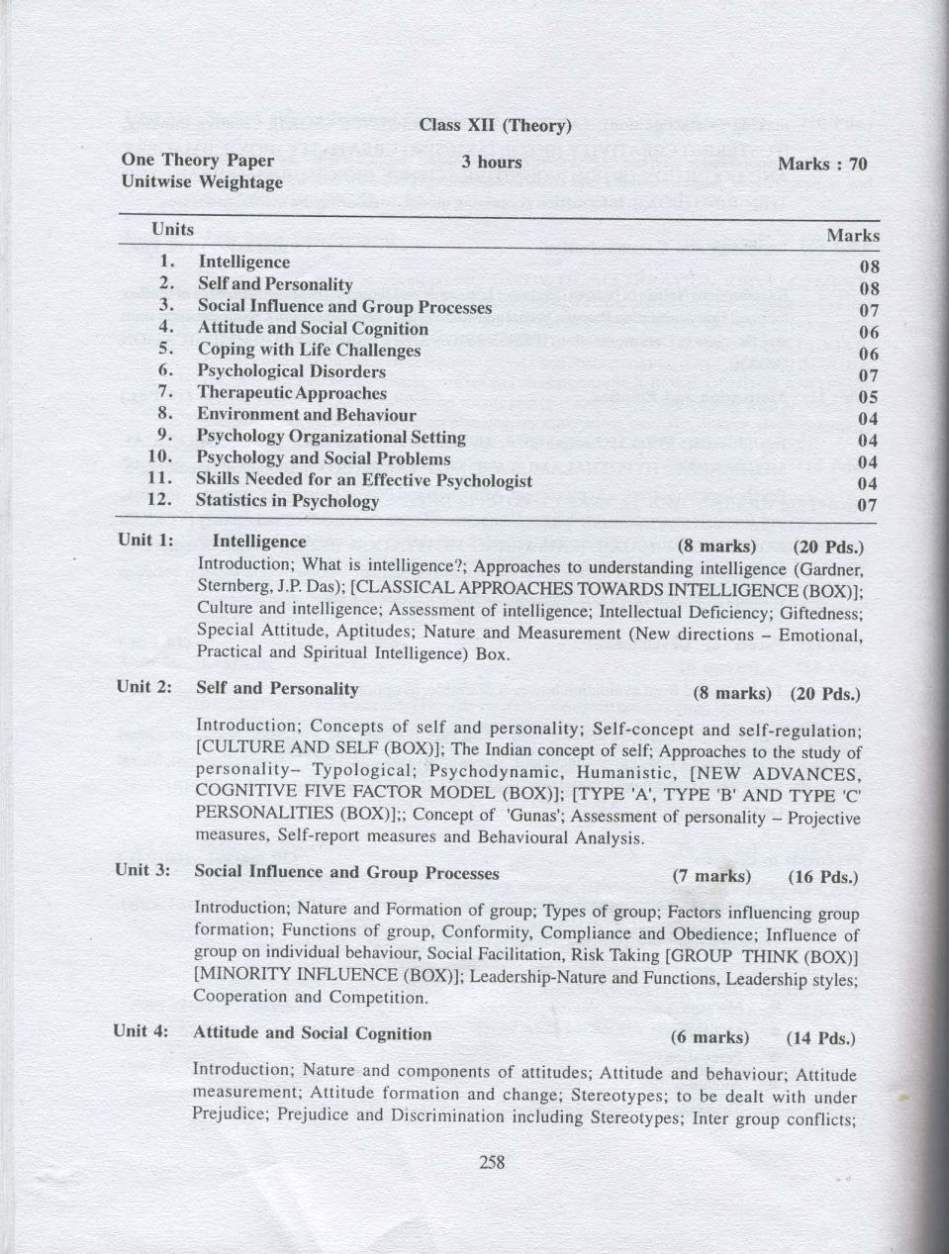 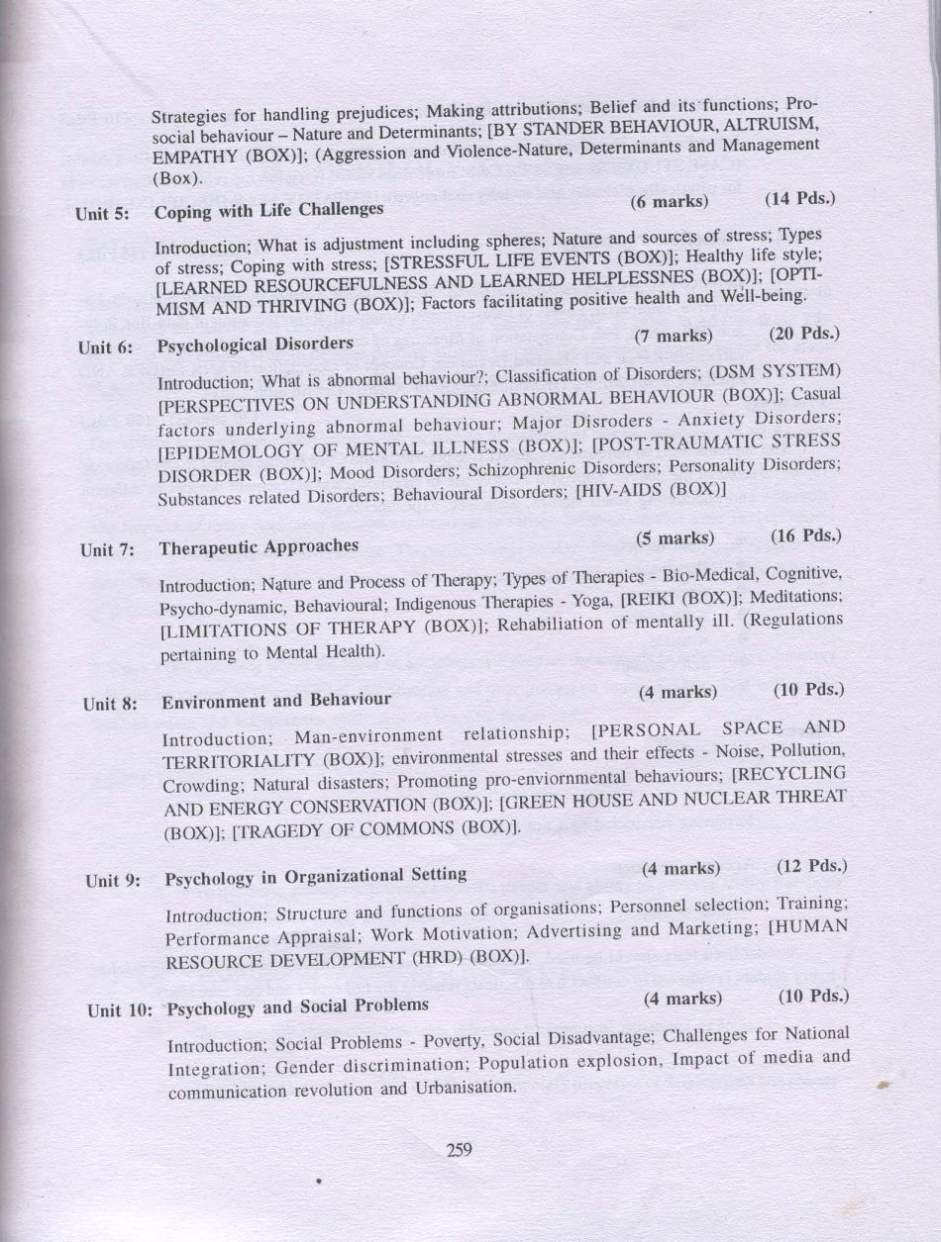 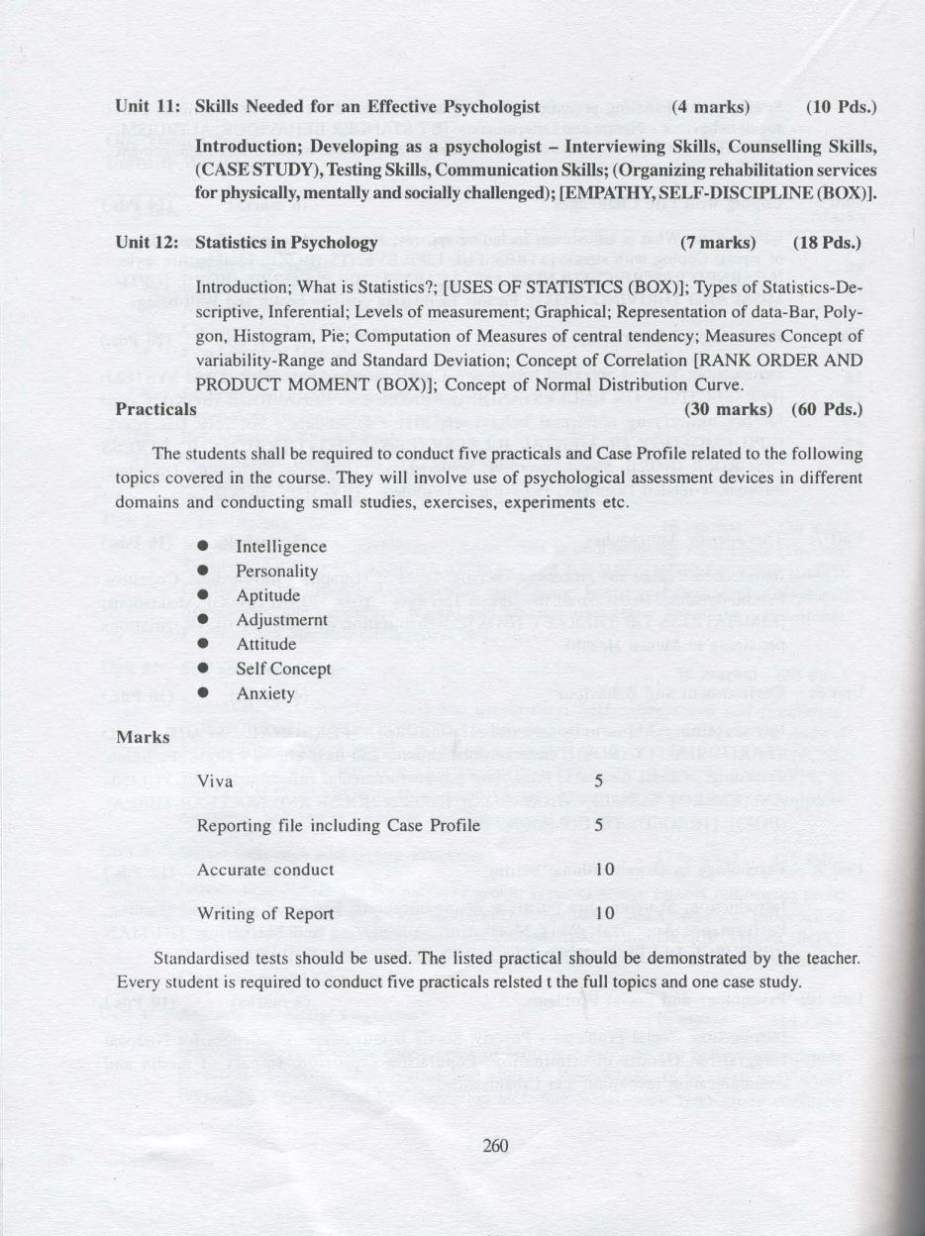 |
